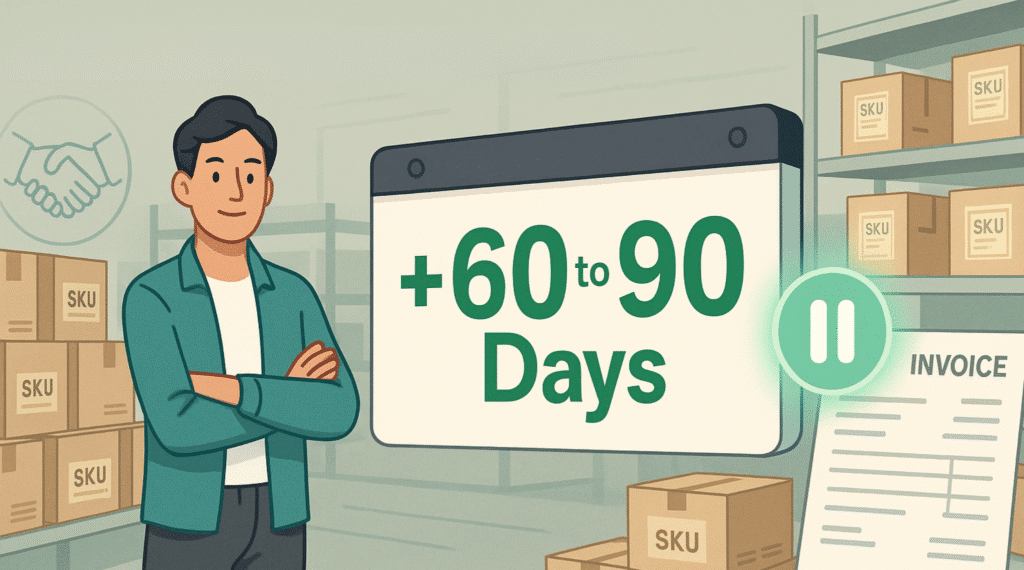- Finance
How Strategic Bookkeeping Protects Your Profits
By:

Sponsored By: Wizard Accounting & Consulting helps CPG businesses take control of their financial data with expert bookkeeping, cash flow insights, and inventory tracking solutions. They specialize in beverage and have helped a wide array of businesses in the industry maximize their potential. They offer 25% off first 3 months with 4 month commitment.
For many CPG founders, nothing feels better than landing a national retail account. But the excitement often fades when the first checks arrive, and they don’t match your invoices.
Welcome to the world of distributor deductions.
Chargebacks, spoilage claims, short-pays, promotional fees, and other hidden deductions can erode your margins without warning. You invoice for $15,000. You receive $8,000. And you’re left trying to piece together what happened, often months after the fact.
Here’s why deductions matter, how to stay ahead of them, and what kind of accounting support actually helps.
The Mystery of Missing Revenue
The CPG industry is pretty unique and it’s common for distributors to take deductions before payment lands. These can include:
- Unsellable or damaged inventory claims
- Late delivery penalties
- Trade spend and promotional programs
- Marketing or slotting fees
- Inventory discrepancies
The result? You never get paid the full invoice amount, and if you’re not tracking deductions line-by-line, you might not even realize where the money went.
Yes, the deduction is frustrating, but really the lack of visibility is where the problems arise. Without a clear system to match deductions to invoices and reconcile them monthly, it’s nearly impossible to gauge your true product margins.
How to Reconcile Deductions Without Losing Your Mind
Most founders don’t expect the amount of manual work it takes to stay on top of deductions. PDFs, portals, spreadsheets, and late emails make it hard to know what’s accurate.
Best practices include:
- Keeping supporting documents organized and searchable
- Assigning a team member (outsourced or internal) to help manage dispute process
- Obtaining all supporting documents for chargebacks and deductions right when the payment is received, not weeks after the fact
- Leaning on technology (Glimpse, Intercept, and more) to help organize this process when multiple distributors are in the mix
What Strategic Bookkeeping Looks Like in CPG
Basic bookkeeping won’t cut it when you’re managing deductions, trade spend, and inventory across retail and ecommerce.
An experienced CPG bookkeeper does more than close the books. They:
- Use accrual accounting to tie deductions to the correct month
- Track each deduction type separately
- Alert you when deductions spike above industry averages month-over-month
- Help dispute incorrect chargebacks when documentation allows
- Build reporting that reflects true margin by channel or account
This is especially critical as you prepare for investor conversations, new retail launches, or financial forecasting. Clean books that reflect reality, not just what cleared the bank, give you the confidence to grow.
Wrap-Up
Distributor deductions aren’t just frustrating. They’re financially significant.
And if you’re not reconciling them properly, you’re flying blind.
CPG founders need bookkeeping partners who know how the backend of retail works, not just how to use accounting software. With the right systems and expertise, you can stay in control of your margins, your operations, and your growth.





